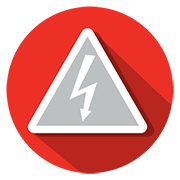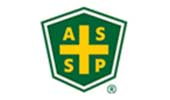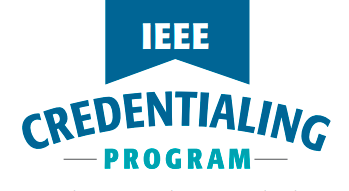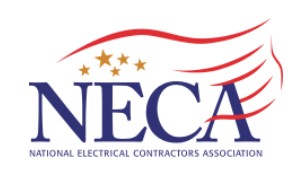
High Voltage Qualified
Based on the OSHA & NFPA 70E Standards
Class Overview
Working on or above 600V to 72.5 kV industrial high voltage distribution systems requires qualification. In this training, attendees learn what it means to be HV qualified and what electrical tasks may only be performed by a qualified person.
Also offered as a Train the Trainer class.
Prerequisites: Low Voltage Qualified Training
What You'll Learn
In our High Voltage Training class you will learn the following:
- Regulations related to being HV Qualified and working safely, including OSHA 1910.269
- Safe practices working on or near energized equipment
- Live line work, tools and equipment
- Mobile equipment and electrical hazards
- De-energized testing
- Creating a safe work zone (tape in/tape out)
- Public safety (limited approach) boundaries
- Minimum approach distance
- When is it live-line work
- What tasks do not require a live-line permit
- Testing and verifying equipment is de-energized
- Why you must ground
- Field testing requirements
- Demonstrate your proficiency of HV skills for our engineer/lineman
Who Should Attend?
Our high voltage electrical safety class is designed for the following personnel:
- Safety engineers
- Supervisors
- Electricians
- Electrical engineers
Frequently Asked Questions
The High Voltage Qualified (HV) course is not designed as a stand-alone course. It builds and expands upon information taught in the Low Voltage Qualified (LV) course, which discusses all electrical hazards regardless of voltage, situations leading to incidents and universal electrical safety strategies. Key strategies covered in the LV course include use and care of voltage-rated rubber insulating gloves and arc-rated PPE, boundaries, risk assessment and best practices. These strategies are critical for low voltage (≤ 600 volts) but even more so for higher voltages.
The High Voltage Qualified course expands on these safety measures at higher voltages but does not repeat the foundational concepts. It also covers issues that become a factor only at higher voltages, such as the increased distances required, mobile equipment and overhead lines. The HV course also addresses the overlap in regulations depending on voltage, type of work and regulating body, including OSHA 1910.269. It helps students understand the differences so they can determine what is most relevant to a given situation and apply accordingly.
The answer to this question isn’t as straightforward as it seems. OSHA speaks of an electrical employee being “Qualified” in OSHA 1910.332(a) and 1910.332(b)(3). If you have employees who perform electrical work of any type, these employees need to be qualified, and the qualifying agent is ALWAYS the employer. No one else can qualify per OSHA – and from a liability perspective, you as the employer are always liable for your employee training.
The Bottom Line:
Arrange to have your employees trained (NFPA 70E courses). Once trained, the record of that training gets filed in the employee’s training records, proving that the employee did, in fact, receive training.
After training, the employer (or a contracted training company/e-Hazard) must watch the electrical employee perform those tasks in which you as the employer expect him to be proficient. This “hands-on demonstration of skills” gets documented in personnel records.
Once an employer is satisfied that the employee meets their expectations, they will write a statement that designates an employee as a “Qualified Electrical Technician” or some wording to that effect. Once that paperwork is filed, the employee is now considered “qualified” and free to perform the task(s) that you as the employer qualified him to perform.
110.6 (A)(3) Additional Training and Retraining. Additional
training and retraining in safety-related work practices and applicable changes
in this standard shall be performed at intervals not to exceed 3 years. (NFPA
70E, 2021)
OSHA does not certify employees. Read our blog post on what certified means in electrical safety.
They do not. Only an employer can deem you qualified. One of our e-Hazard instructors wrote an article answering this question. Find out what these terms mean.
Additional Information
e-Hazard offers the following Continuing Education Credits for our High Voltage training class.
- ICC
- NETA
- State Electrical Boards: AK, AL, CO, ID, KY (2 safety hours), LA, MA, MD, MT, NC, ND, NJ, NM, OH, OR, SD, WA, WI
- Johnson and Sedgwick County, KS; Las Vegas, NV
Visit our Electrical Training Continuing Education page for more details.
On-site at Your Facility
Pricing includes training plus student materials. Rates in Washington (state) may differ. Includes 8 hours of low voltage qualified training and instructor travel to U.S. locations. Local and volume rates available. High Voltage day limited to 16 students due to hands-on exercises.
Request a QuoteAttend a Nationwide Class
Please Note: Pricing Includes the Low-Voltage Qualified Course
Class ScheduleCourses On Video
For rent or purchase. Now you can benefit from our expertise with our electrical safety training packages on video.
Course DetailsLooking for a Class in Your Area?
Find expert electrical safety training near you.






